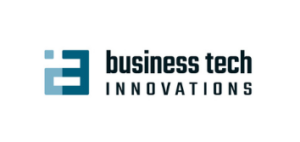
With so many companies clamoring to be the next big Internet of things, I’m left to wonder how open technology is really going to be. The more research I do, the more I notice that right now, people like me – those who want DIY – are out of luck. You might find the perfect home automation nest, but guess what? It won’t work with the devices you have. This happens across the technology board, not just with lesser known brands or service providers.
Here’s a recent example:
The lighting platform from Philips Hue seems great. It has even adopted support for other popular services, including Apple’s Siri. Sounds great. Except, now it won’t work with light bulbs from third parties. This limits you to using only their product – which means you might need to adjust your budget since you can’t shop around for deals. They do say that this is a temporary situation, but even when third-party support is reinstated, it will only be for other brands and products that Phillips has approved. If the product you want to use is certified by Philips, you can use it; if not, you’ll need to get in line and buy an approved product.
Maybe this seems like a small annoyance, but the bigger picture is a little scary. If you currently have a mix of different products, imagine having to upgrade everything to an approved list of devices and products. This could cost a fortune. Instead of purchasing any home automation systems, buyers would have to do months of research and comparisons and budgeting to determine which way to go.
If you’re someone that likes to get all the new products to try them out, or even to write reviews, you would no longer be able to get just one new product. Each time, you would have to get all the companion products that go with it, to make it even worth testing. I doubt that most bloggers and reviewers have the budget for that. I certainly don’t.
While the Philips Hue setup is a small fish in a big sea, I certainly hope that this doesn’t become the trend in technology, or in home automation. I rest easily with the assumption that this will not become the norm, but just in case, I think it is important to be out there talking about it. Options keep consumers interested, and pushes companies to continue to be innovative.




